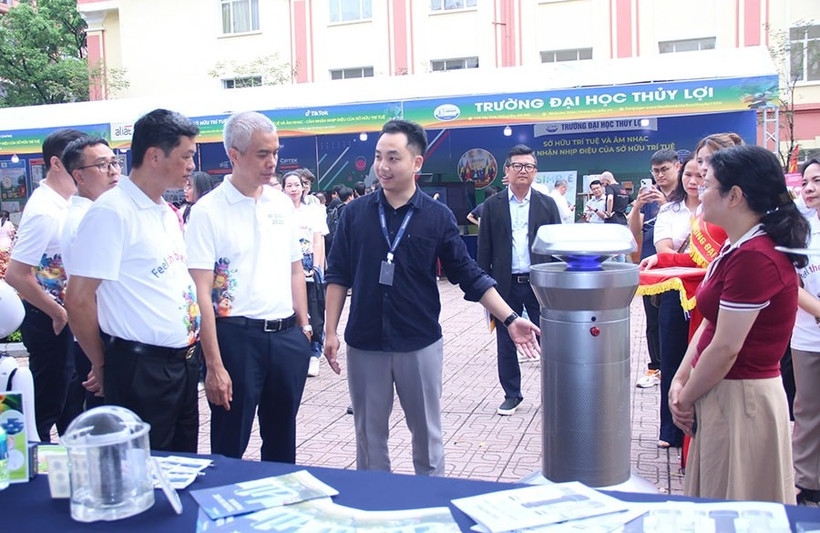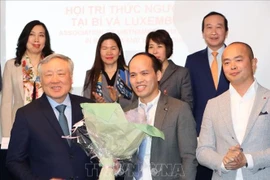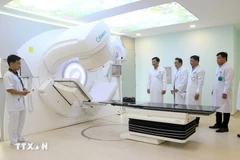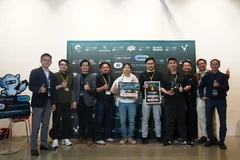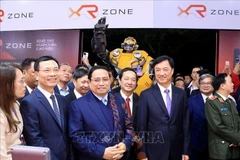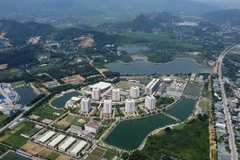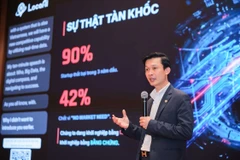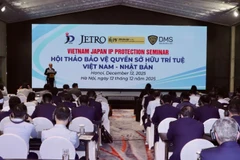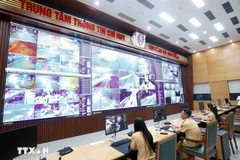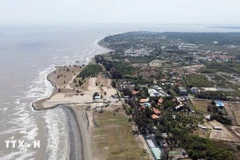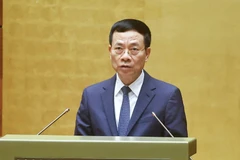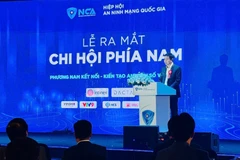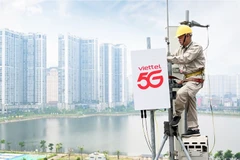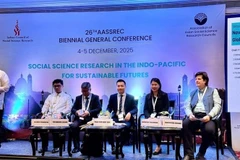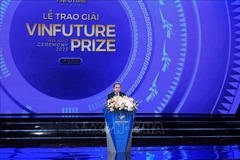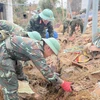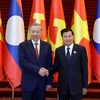Hanoi (VNA) – Intellectual property (IP) has become a vital catalyst for science - technology and innovation, poised to drive Vietnam’s transformation into a high-income nation with a modern industrial base by 2045, under the Politburo’s Resolution No.57-NQ/TW dated December 22, 2024.
In the digital age and amidst the Fourth Industrial Revolution, IP plays an increasingly critical role, not only in safeguarding inventions but also in reducing copyright infringement and curbing piracy.
However, Nguyen Trung Chinh, Chairman of CMC Corporation, one of the leading tech companies in Vietnam, said the country's enforcement of IP rights remains inadequate, highlighting when inventions and innovations could be easily copied, no one wants to engage in research and development.
Hanoi has made notable strides in the area, leading the nation in IP registrations. However, challenges persist in developing brands and expanding markets for local specialty products.
Minister of Science and Technology Nguyen Manh Hung admitted that Vietnam’s current IP infrastructure and public awareness fall short of the requirements of an innovation-led economy. Many businesses and individuals still do not fully understand the importance of IP in protecting creativity and driving competition. Besides, the casual acceptance of IP violations and the widespread use of counterfeit goods remain formidable challenges.
While Vietnam boasts a large volume of registered patents, the commercialisation rate hovers at a dismal 0.1%, far below the global average of 5% and 10% achieved by developed nations. This means that IP is treated as a formality rather than a strategic asset.
Hung highlighted gaps in Vietnam’s IP ecosystem, from weak information and valuation systems to a shortage of professional IP services. Very few universities offer specialised IP programmes, and there’s a dearth of skilled patent and trademark examiners, he pointed out.
The minister stated that Vietnam must transform research results into tradeable assets to create a market for science – technology and innovation, he said, emphasising that the most important transition for IP is the shift from rights protection to the commercialisation and market development of research results.
Director of the Intellectual Property Office of Vietnam Luu Hoang Long said his agency is working closely with experts and competent ministries and sectors to organise programmes raising public awareness of IP, helping them have a better insight into their rights and obligations in IP protection.
Looking ahead, the office will complete policies and mechanisms to expand support for the commercialisation and protection of intellectual assets, he added./.
